main content start


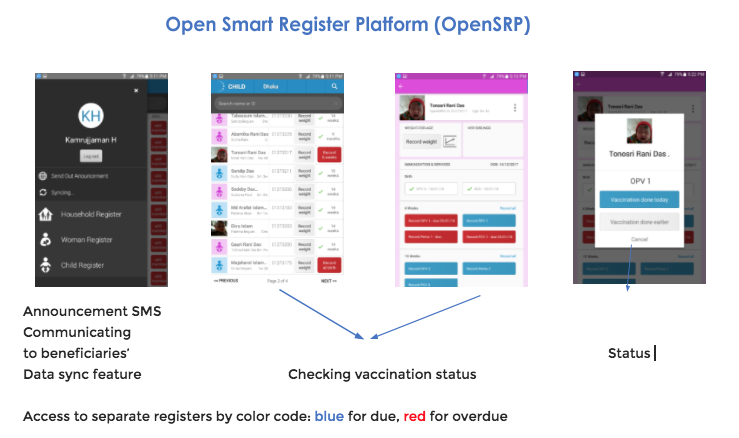
Initial findings have showcased that the delay in vaccination rate was reduced from 9% to 4%, and vaccination coverage increased from 96% to 100%.
Related Stories
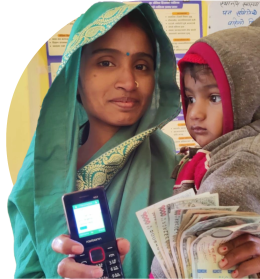
Portfolio News
May 08 , 2024

Portfolio News
AGUA: Revolutionizing Global Collaboration for Funding Transparency (with Growth Graduate Atix Labs)
Mar 04 , 2024
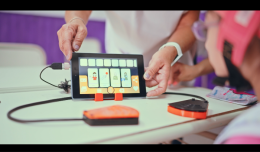
Portfolio News
Sep 26 , 2023
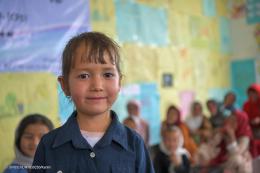
Portfolio News
Sep 26 , 2023
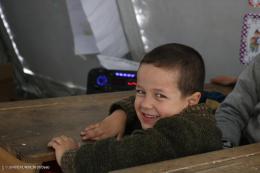
Portfolio News
Sep 25 , 2023
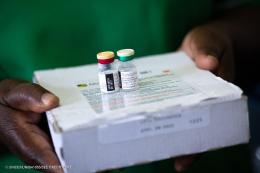
Portfolio News
Sep 25 , 2023